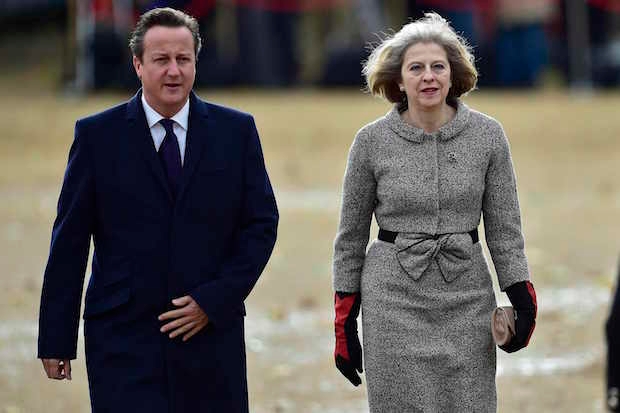On the Today programme this morning, the Home Secretary Theresa May explained why the government believes tackling the ideology itself is key to tackling extremism:
So, does this mean the government will be clamping down on free speech? Stopping these ideas of hate from propagating must be tackled somehow. But May vigorously denied this:‘Part of it is about a direct counter-narrative in relation to the ideology. It’s also about supporting and encouraging moderate voices in Muslim communities. But there’s another thread running through what we’ll be doing in terms of our counter-extremism strategy. The counter-extremism strategy that we announce in the autumn will actually be dealing with all forms of extremism, not just Islamist extremism.’
May did go on to point out ‘I’ve excluded more extremist preachers; more hate preachers than any other Home Secretary before me.’ When pushed again on what the government would actually be doing, May pointed to ‘banning orders for groups, disruption orders for individuals’ as examples of how the government will tackle the threat. The problem May has hit upon is the ideological fault line that some conservatives have between national security matters and defending freedom of speech. When politicians are in government, the ‘I’ve seen things you have no idea about’ argument tends to tip the balance towards national security. Those on the outside are keener to talk up the importance of free speech. This is why it is key for the governments proposals to debated and scrutinised fully in Parliament. It’s for May to convince the civil liberties campaigners in her own party and elsewhere that the new proposals are necessary and won’t compromise the British values the Prime Minister is extolling today.‘We’re not talking about curbing free speech. We recognise that free speech is one of our values. But we have to look at the impact some people have in terms of the poisonous ideology they plant in people’s minds that will lead them to challenge, lead them to undermine the values we share as a country.’






Comments